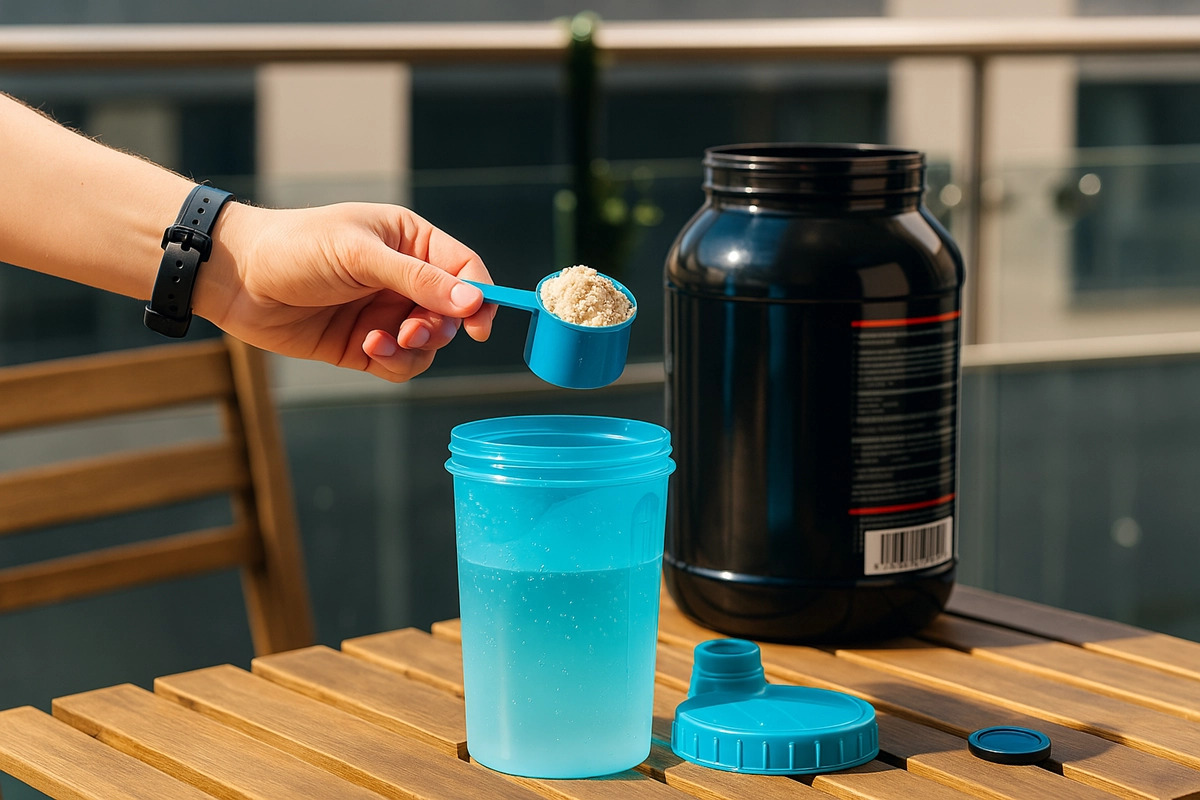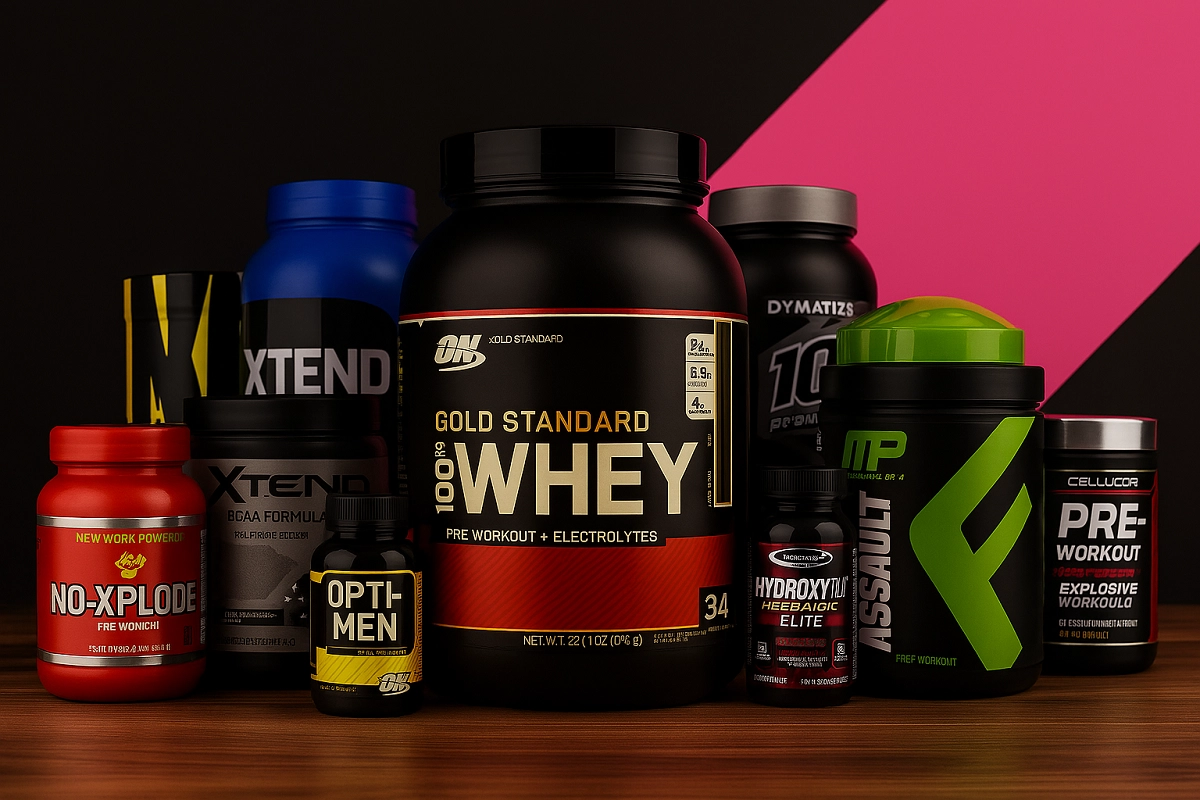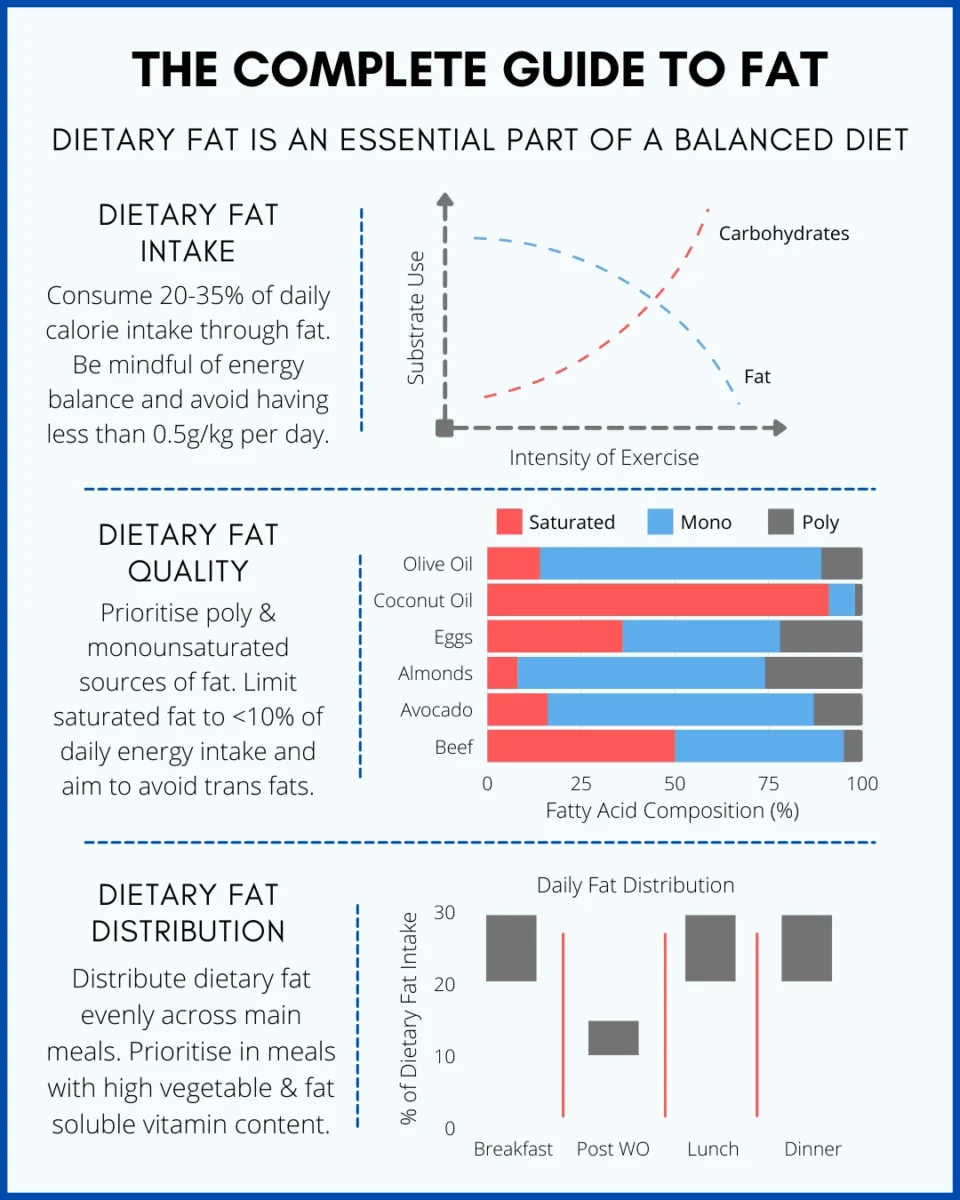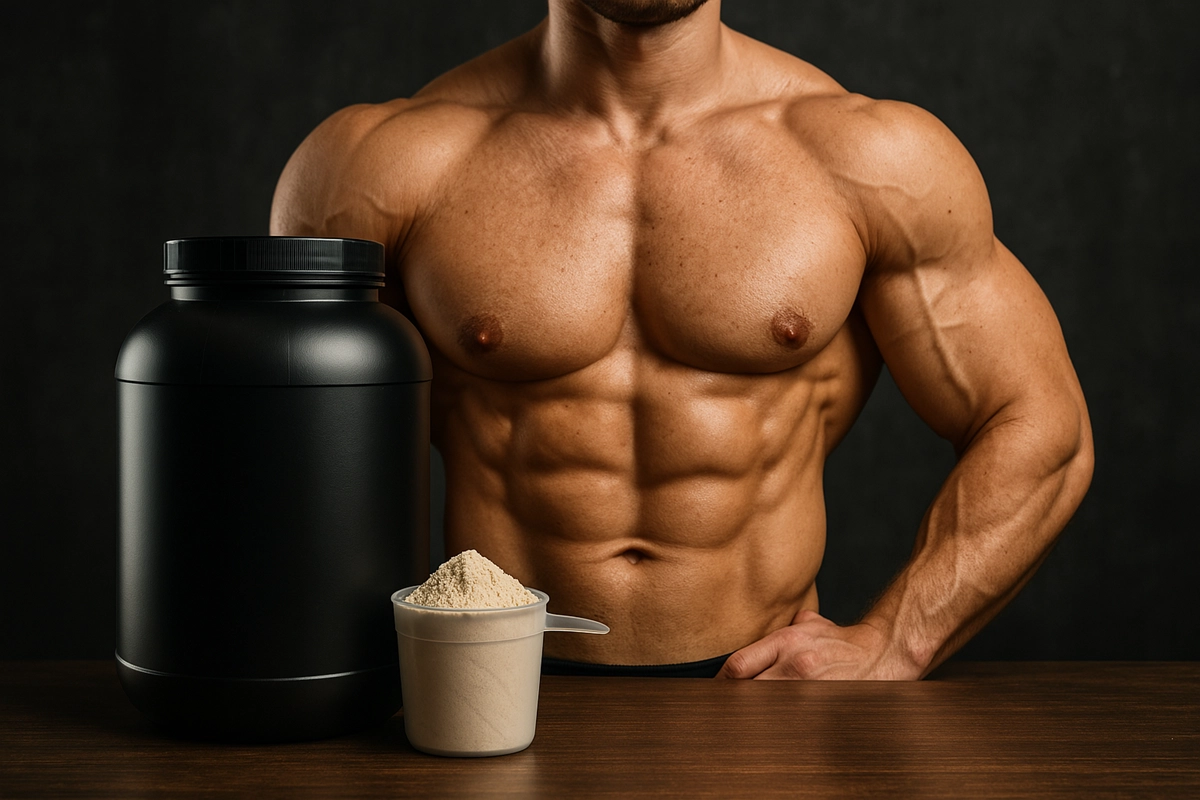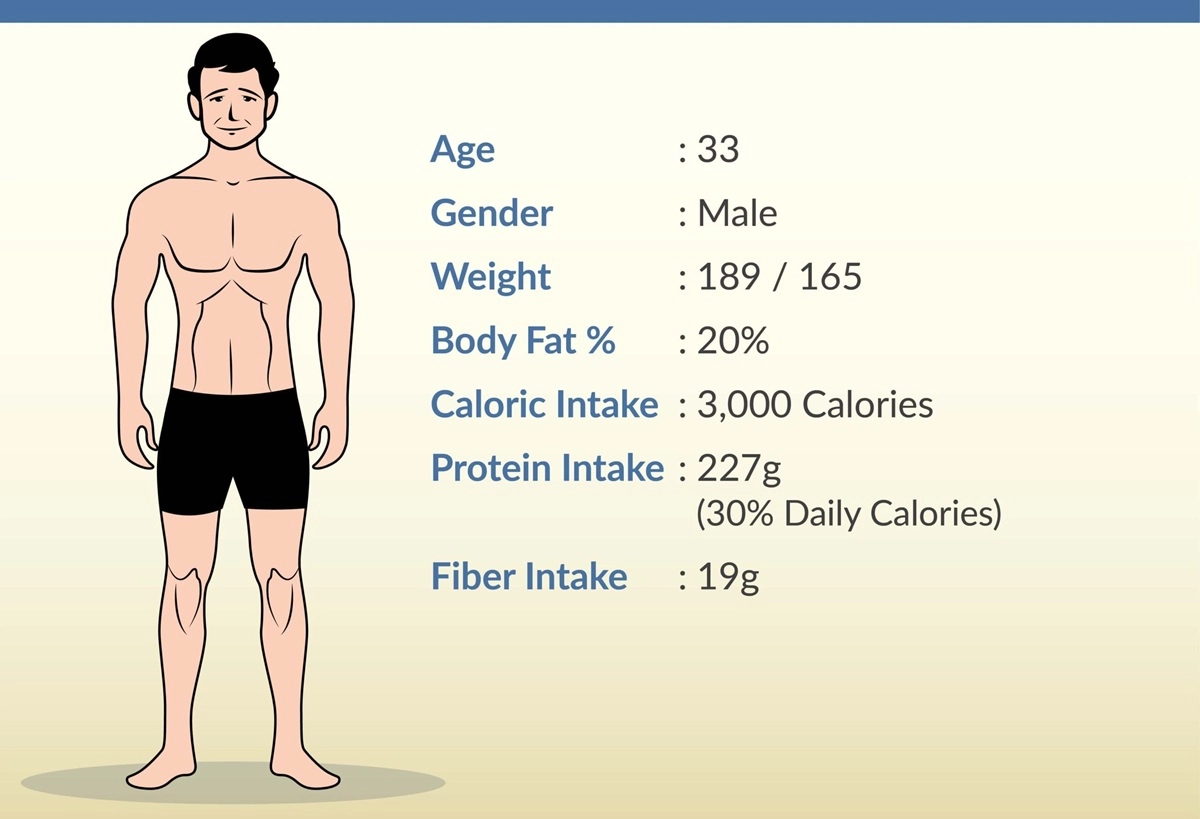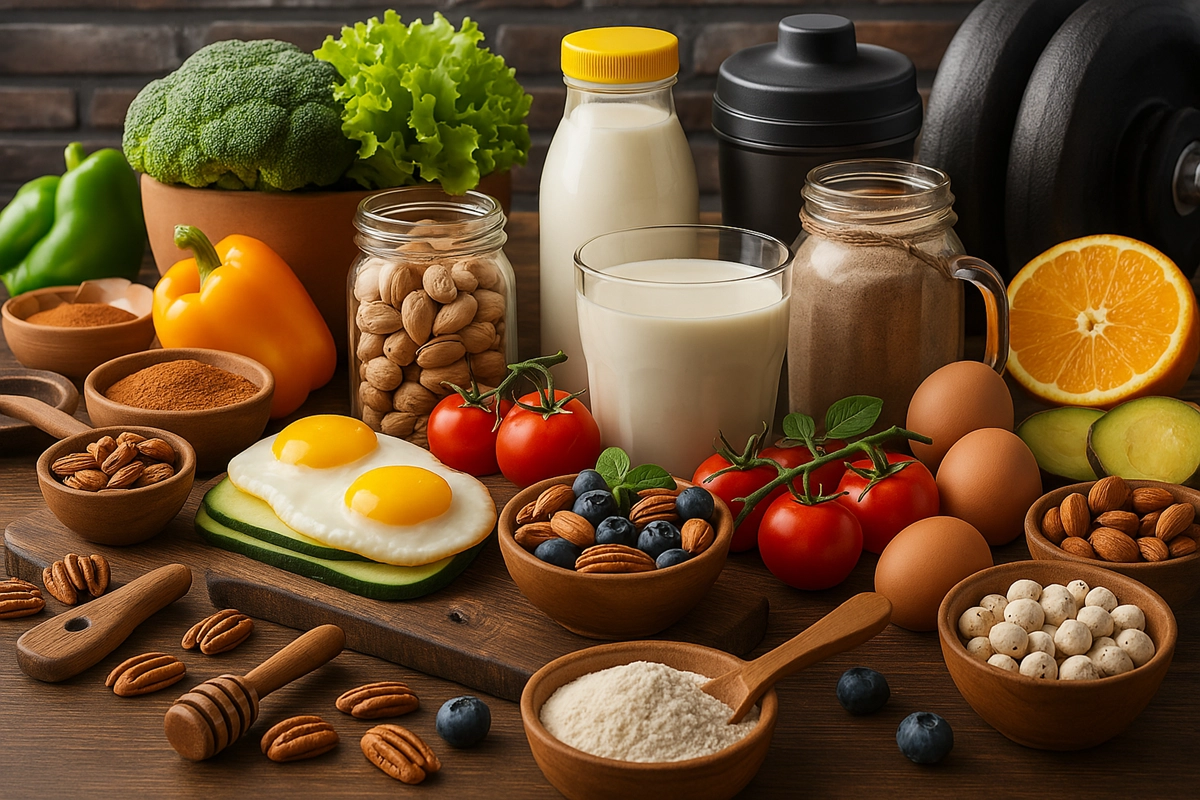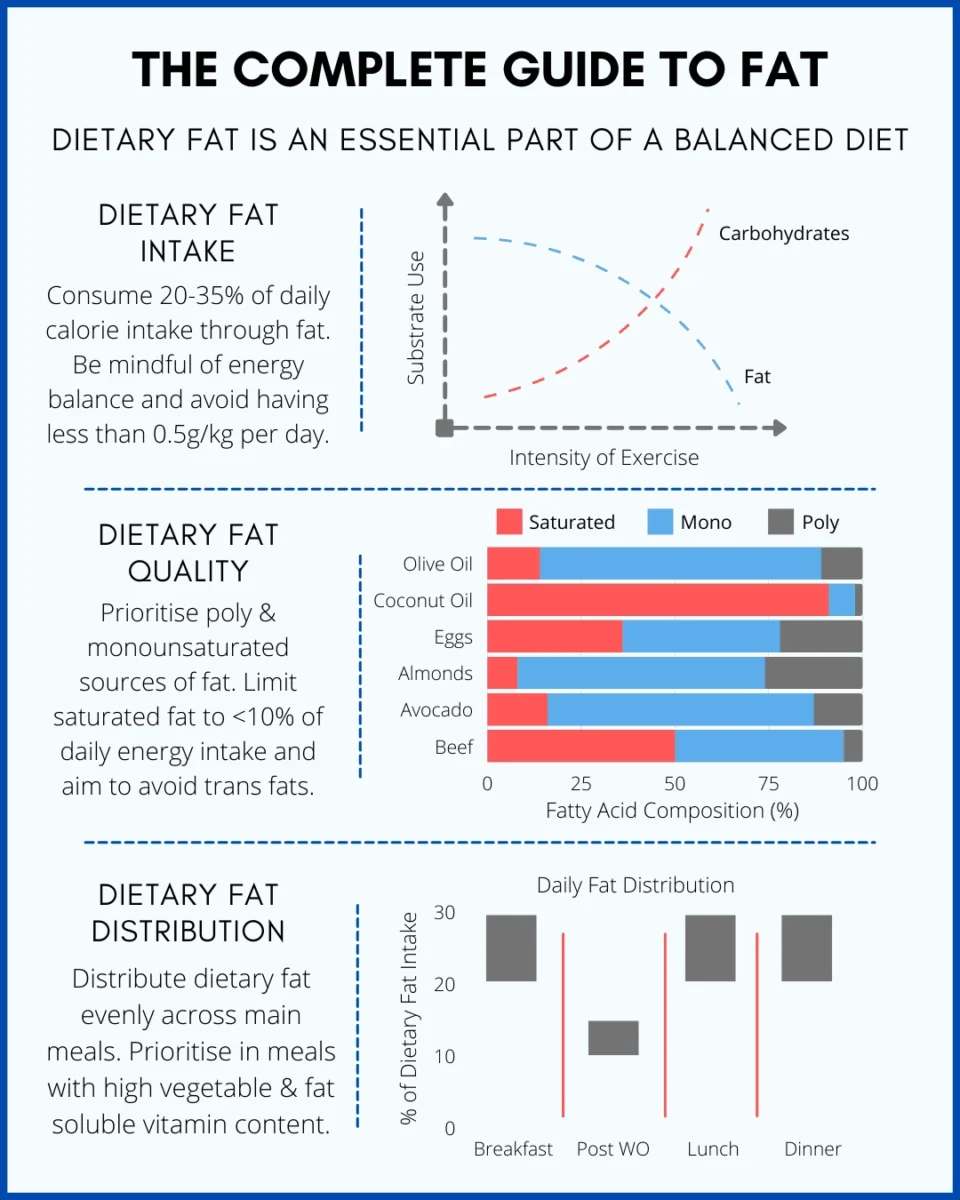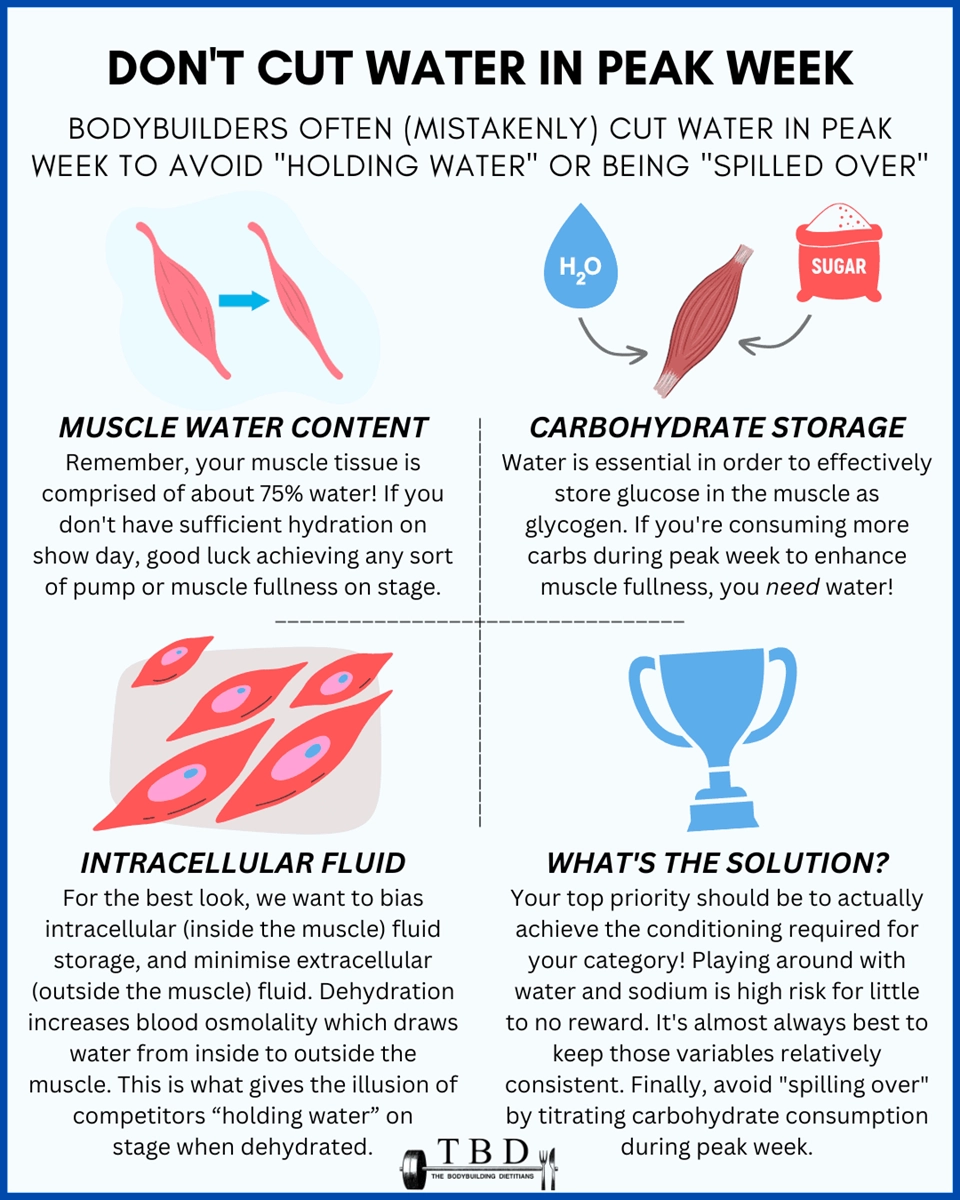Just as Arnold’s golden-era physique wasn’t built solely on training, your path to muscle growth requires strategic supplementation alongside dedicated workouts. You’ll find countless options flooding the market, but only a select few supplements have solid scientific backing for boosting gains.
Whether you’re a hardgainer trying to pack on size or an experienced lifter seeking that extra edge, understanding which supplements actually work can mean the difference between mediocre and spectacular results.
Introduction To Muscle Building Pills
Muscle-building pills are very popular today. They help people gain muscle fast. Many people want quick results. These pills promise to give them that.
Some people use them for bodybuilding contests. Others use them to look better. Many believe these pills are a shortcut to a stronger body.
#Popularity And Purpose
Many athletes use muscle-building pills. They use them to enhance their performance. Ordinary people also use them. They want to look more fit.
These pills are easy to get. You can purchase them online or in-store. They promise fast results. This makes them attractive to many.
#Types Of Pills
| Type of Pill | Purpose |
| Creatine | Boosts muscle energy |
| Protein Supplements | Builds muscle mass |
| Beta-Alanine | Reduces muscle fatigue |
| Branched-Chain Amino Acids (BCAAs) | Supports muscle recovery |
Creatine
If you’re a woman looking to build muscle, you’ll be glad to know that creatine works just as effectively for females as it does for males.
Recent research indicates that female athletes can achieve the same strength gains and muscle growth benefits when supplementing with creatine.
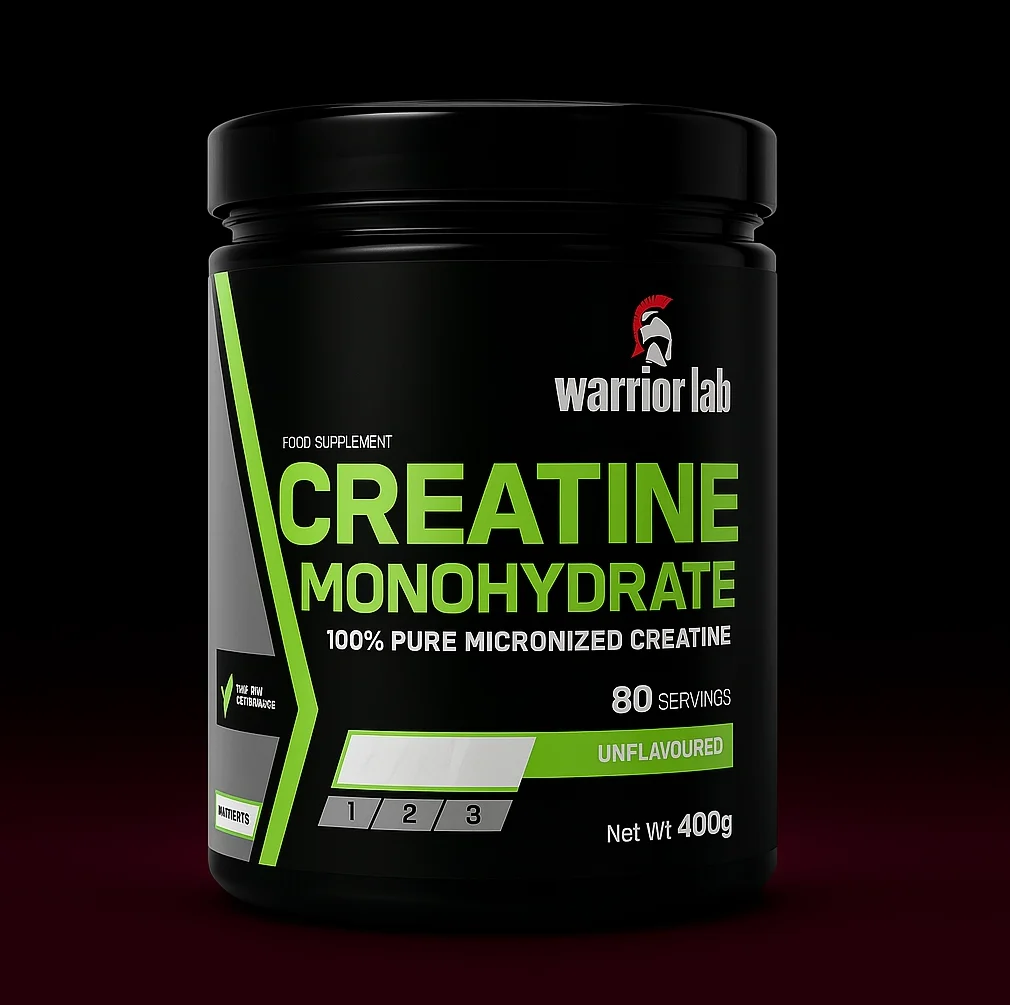
Just as Arnold always said about training principles working for everyone, proper creatine supplementation doesn’t discriminate between genders; it’s all about consistency and correct dosing.
#Creatine Supplementation in Females
While men have traditionally dominated research on creatine, female athletes can also benefit significantly from this powerful supplement.
Women’s creatine stores are naturally 70-80% lower than those of men, and these levels can fluctuate during menstruation, pregnancy, and menopause.
If you’re a female athlete, creatine supplementation can significantly improve your exercise performance, muscle size, and strength gains.
When combined with resistance training, it may even enhance bone density. You’ll also appreciate the potential benefits for mood, cognition, and sleep quality.
You can follow the same dosing protocols as male athletes, but it’s essential to consult with a healthcare professional before starting any dietary supplements.
They’ll help determine the correct dosage and confirm that there are no interactions with the medications you’re taking.
Protein Supplements
Protein supplements serve as a cornerstone of muscle-building nutrition, providing a convenient way to meet your daily protein needs. When you’re aiming to build lean muscle, you’ll need to consume more protein than your body breaks down naturally for ideal muscle protein synthesis.
While whole foods should be your primary source of essential amino acids, supplements can fill vital gaps in your nutrition. You’ll find various options, including whey, casein, soy, and plant-based alternatives such as pea and hemp protein.
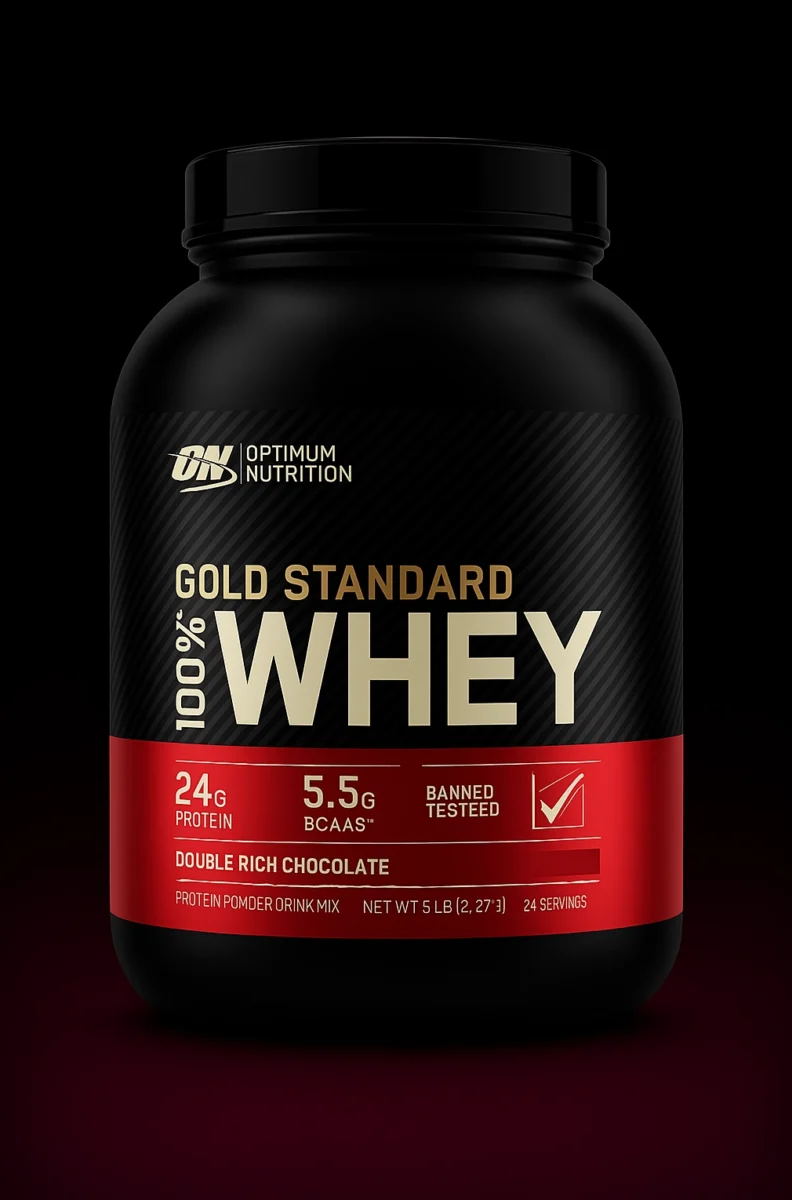
Research confirms that supplementing with protein, especially if you’re not meeting your needs through diet alone, can enhance muscle growth when combined with regular exercise.
For optimal results, aim to consume 0.6-0.9 grams of protein per pound of body weight daily, adjusting your intake based on your activity level and muscle-building goals.
Weight Gainers
Three major components make up an effective weight gainer supplement: high-calorie content, balanced macronutrients, and easy digestibility.
These muscle growth supplements typically pack 1,000+ calories per serving, making them ideal if you’re struggling to gain weight through food alone.
While weight gainer supplements contain protein for muscle building, most calories actually come from carbohydrates.
You’ll find 75-300g of carbs, 20-60g of protein, and up to 15g of fat per serving. However, they’re not magic bullets for gaining lean mass.
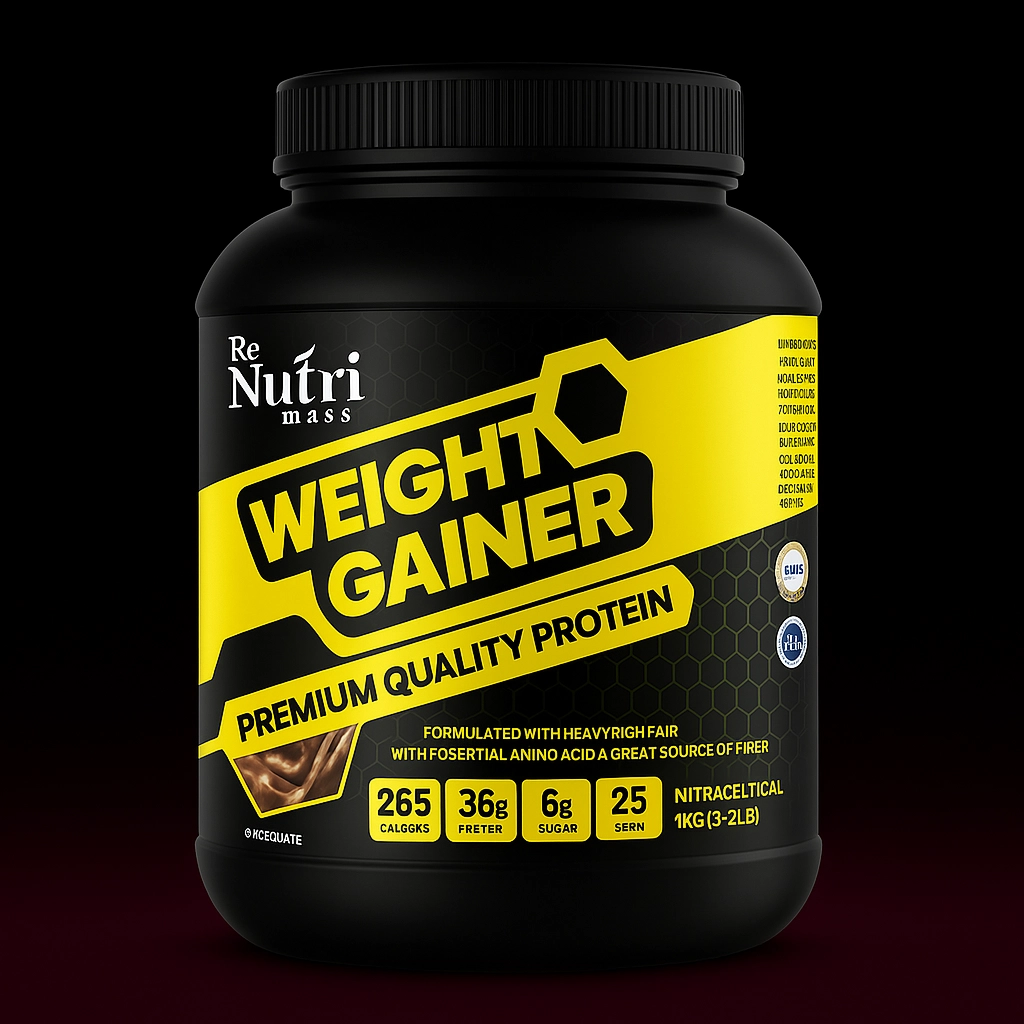
Research shows mixed results on their effectiveness. If you can’t meet your caloric needs through whole foods, weight gainers offer a convenient solution.
However, remember that, as Arnold would say, there’s no substitute for proper nutrition – these supplements should complement, not replace, a well-planned meal.
Beta-Alanine
Among the most popular supplements for enhancing muscle endurance, beta-alanine stands out for its ability to buffer lactic acid buildup during intense training. Research has yielded mixed results regarding its impact on muscle mass and performance, although some studies have found promising benefits.
When it comes to supplements for muscle gain, beta-alanine has shown potential in several studies. College athletes taking 4g daily for 8 weeks experienced greater lean mass gains compared to those taking a placebo.
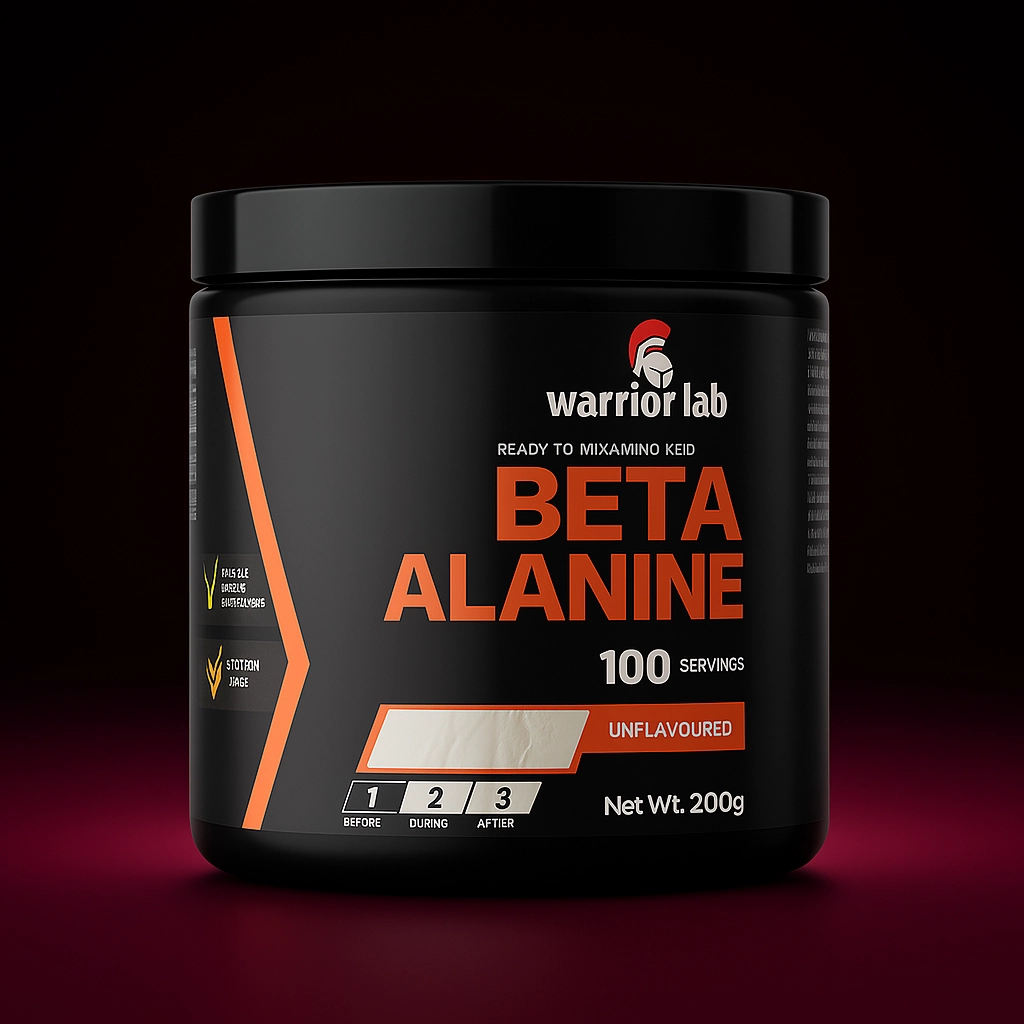
Similarly, combining beta-alanine with high-intensity interval training helped participants gain about a pound more muscle mass than training alone.
However, recent research suggests that beta-alanine’s effects on body composition might be limited. While it may help your exercise routine by reducing fatigue, its direct impact on protein synthesis and muscle recovery needs further investigation.
Branched-Chain Amino Acids
If you’re a woman looking to build muscle, you’ll find mixed evidence about BCAA supplements specifically for females.
While BCAAs exist naturally in protein-rich foods like eggs, meat, and dairy, supplementation might help if you’re not getting enough complete protein through your diet.
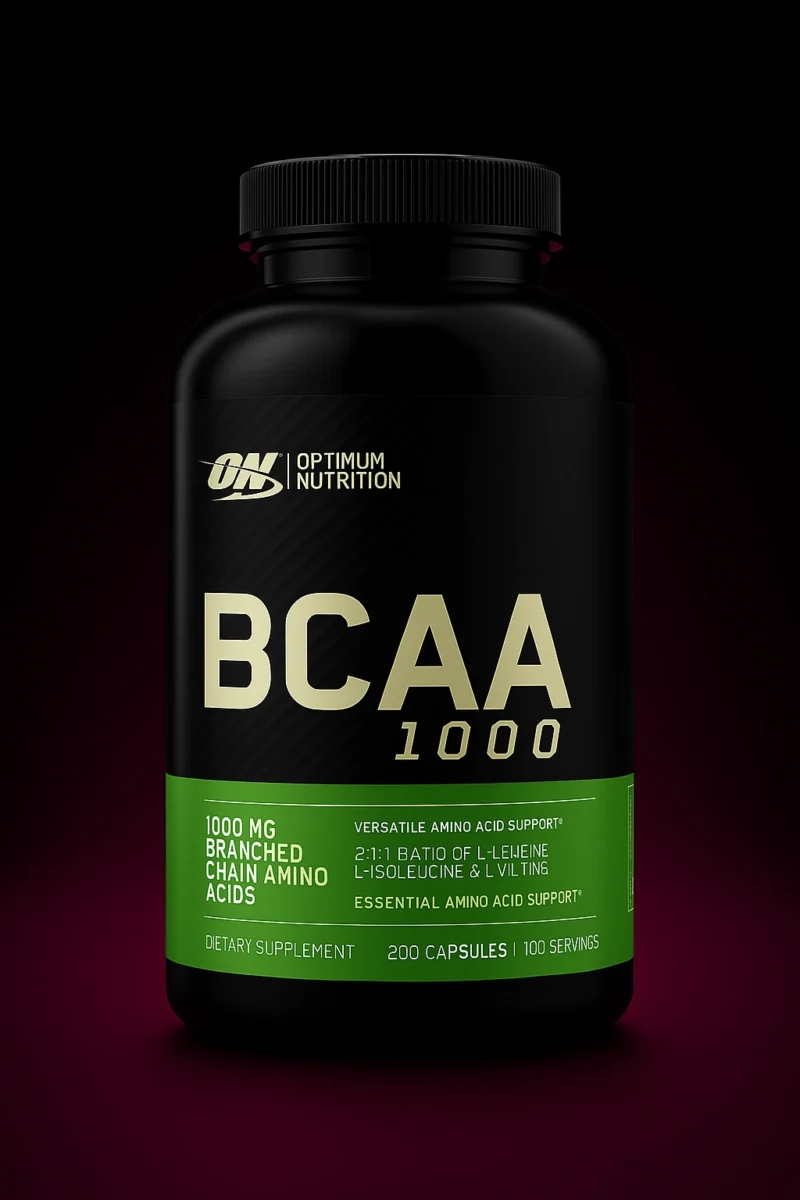
Research suggests that female athletes may benefit from BCAA supplementation during intense training periods, though it’s not essential if you’re already consuming adequate protein from whole food sources.
#Branched-Chain Amino Acids (Bcaas) in Females
Research findings on BCAAs for female athletes have shown mixed results, with a notable 2020 study revealing limited benefits for postmenopausal women during resistance training.
The study showed that while participants improved their muscle mass through training alone, adding branched-chain amino acids didn’t provide significant additional gains.
If you’re a female athlete considering muscle-building supplements, you’ll want to focus on proven strategies first. The amino acid leucine, while necessary for muscle protein synthesis rates, may be adequately obtained through a balanced diet rich in protein.
Instead of relying heavily on BCAA supplements, you might see better results by:
- Maintaining consistent resistance training
- Following a protein-rich nutrition plan
- Getting adequate rest between workouts
- Focusing on progressive overload in your training
Beta-Hydroxy Beta-Methylbutyrate
Beta-hydroxy beta-methylbutyrate (HMB) stands as one of your body’s natural powerhouses for muscle preservation, produced when it breaks down the essential amino acid leucine.
While your body naturally produces HMB, taking it as a muscle-building supplement can significantly boost your levels and improve physical activity results. Research indicates that supplementing with 3-6g of HMB daily can help increase lean body mass during weight training for individuals new to exercise.
However, if you’re an experienced lifter, you mightn’t see the same benefits.
Think of HMB as your muscle’s guardian – it helps reduce muscle protein breakdown, especially when you’re just starting your fitness journey or intensifying your workouts.
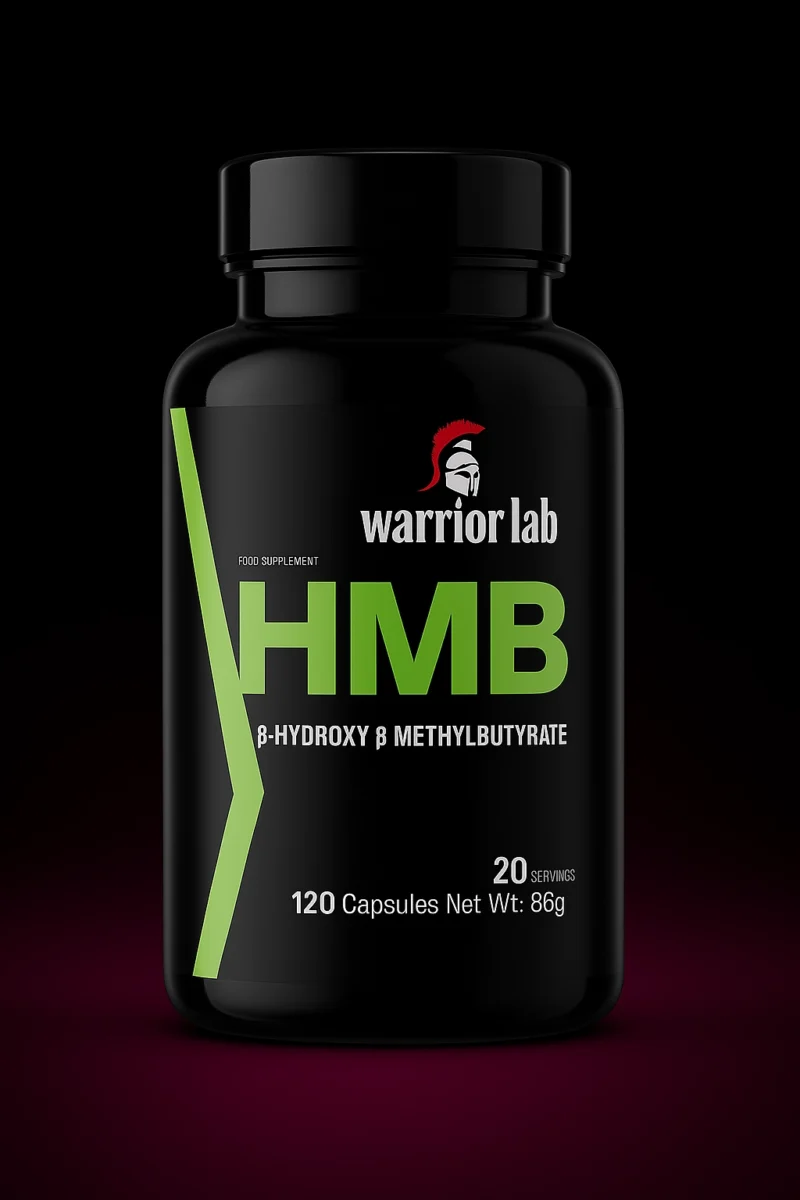
If you’re a beginner looking to maximize your gains, HMB could be a valuable addition to your supplement stack.
Other Supplements
Beyond HMB, several other supplements have garnered the attention of bodybuilders and athletes seeking to enhance muscle growth. While options like conjugated linoleic acid (CLA) and testosterone boosters sound promising, research shows mixed results for these effective ingredients.
Studies haven’t conclusively proven the benefits of CLA for muscle mass, and testosterone-boosting compounds like Tribulus terrestris and fenugreek may only be beneficial for individuals with low testosterone levels.
You’ll often see glutamine and carnitine marketed as muscle builders, but they’re generally not effective for young or middle-aged fitness enthusiasts.
However, there is a silver lining for older adults: recent research suggests that carnitine may support their muscle growth goals.
As Arnold would say, “The last three or four reps are what makes the muscle grow” – not necessarily these supplemental additions to your stack.
To Wrap It All Up
You’ve now got the blueprint for supplement success in your muscle-building journey. Like Arnold’s famous saying, “There’s no magic pill,” supplements aren’t shortcuts but tools to enhance your hard work. When you combine these proven supplements with proper training and a balanced diet, you’ll maximize your gains.
Remember to start with the basics – creatine and protein – then build your stack as needed for your specific goals.
FAQs
What Are the Best Supplements for Building Muscle?
The best supplements for building muscle include whey protein, creatine monohydrate, beta-alanine, and branched-chain amino acids (BCAAs). These supplements support muscle recovery, increase workout intensity, and promote lean mass growth when combined with resistance training.
Do You Really Need Supplements to Build Muscle?
You do not need supplements to build muscle, but they can enhance results when paired with a solid diet and training. Whole foods provide all necessary nutrients, while supplements offer convenience and performance benefits.
Are Muscle Building Supplements Safe to Use?
Most muscle building supplements are safe to use when taken as directed. Reputable options like whey protein and creatine have been extensively studied. Safety depends on the ingredient quality, dosage, and individual health conditions.
How Do Muscle Building Supplements Actually Work?
Muscle-building supplements work by increasing protein synthesis, enhancing energy availability, reducing muscle breakdown, and improving workout recovery. Key compounds like creatine and protein support these processes at the cellular level.
What’s the Difference Between Protein, Creatine, and Other Muscle Supplements?
The main difference between protein, creatine, and other muscle supplements is their function. Protein supports muscle repair, creatine increases strength and ATP production, while others like BCAAs or beta-alanine target endurance or fatigue.
Which Supplements Are Best for Lean Muscle Gain vs. Bulk?
For lean muscle gain, use whey isolate, BCAAs, and beta-alanine. For bulking, use mass gainers, creatine monohydrate, and casein protein. Lean gain supplements focus on clean growth, while bulk supplements support higher calorie intake and strength.

